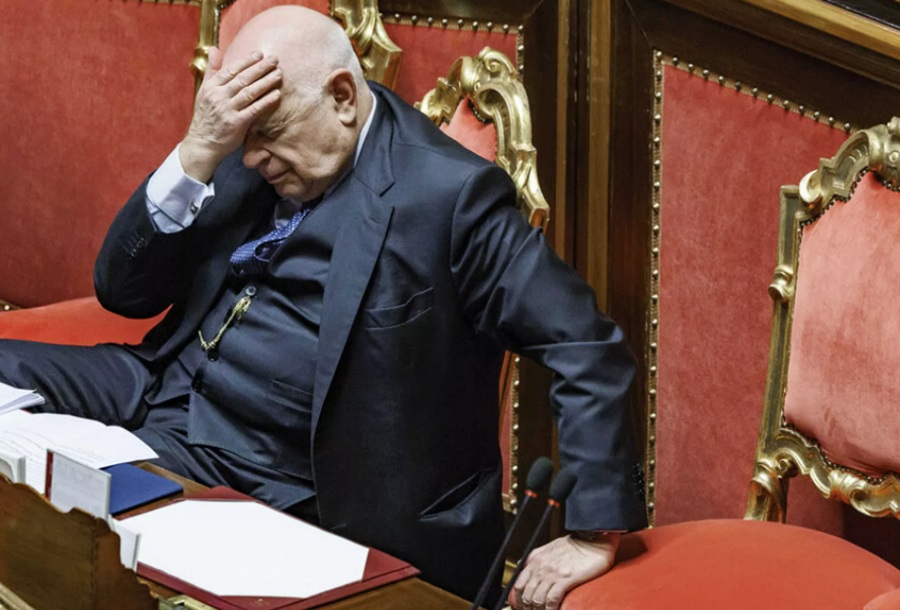Italy’s Interior Minister Matteo Piantedosi has defended the government’s decision to expel Ossama Anjiem, a Libyan wanted by the International Criminal Court (ICC), citing urgent security concerns. The move has sparked criticism from human rights groups and lawmakers, who argue Italy ignored its obligations to the ICC.
Anjiem, also known as Ossama al-Masri, is accused of war crimes and crimes against humanity, including murder, torture, and rape, committed at Libya’s Mitiga prison from 2015. Despite the ICC issuing an arrest warrant and urging Italy to cooperate, the warlord was repatriated to Tripoli, where he received a hero’s welcome.
Piantedosi, addressing lawmakers in the Senate on Thursday, said the decision to expel Anjiem was made “in view of the danger posed by the subject.” However, he declined to provide further details, citing a scheduled address to lawmakers next week.
Anjiem’s arrest occurred last weekend after he attended a football match in Turin. The ICC confirmed it had informed member states, including Italy, of the warrant and Anjiem’s presence in Europe. The court also reminded Italy to report any difficulties in cooperating with the warrant.
However, a procedural error reportedly led to the decision to free Anjiem. The Rome court of appeals ruled that Justice Minister Carlo Nordio should have been informed in advance, as the justice ministry handles ICC-related matters. Anjiem was subsequently placed on a government plane and flown to Libya by Italian secret services.
Critics have accused Rome of undermining international justice. Senators have called on Prime Minister Giorgia Meloni to clarify Italy’s actions in an open session. Human rights groups have also condemned the repatriation, pointing to documented abuses in Libyan detention centres, which are notorious for inhumane treatment of migrants.




